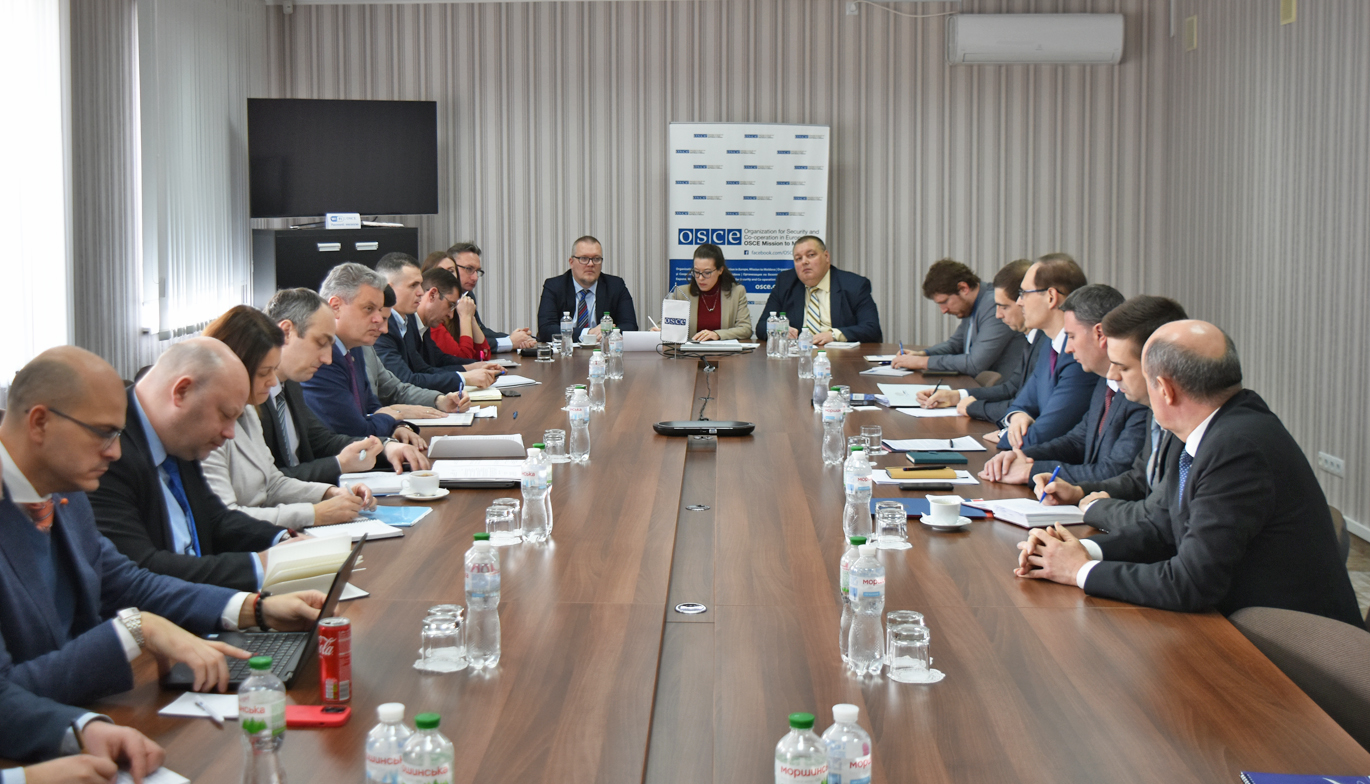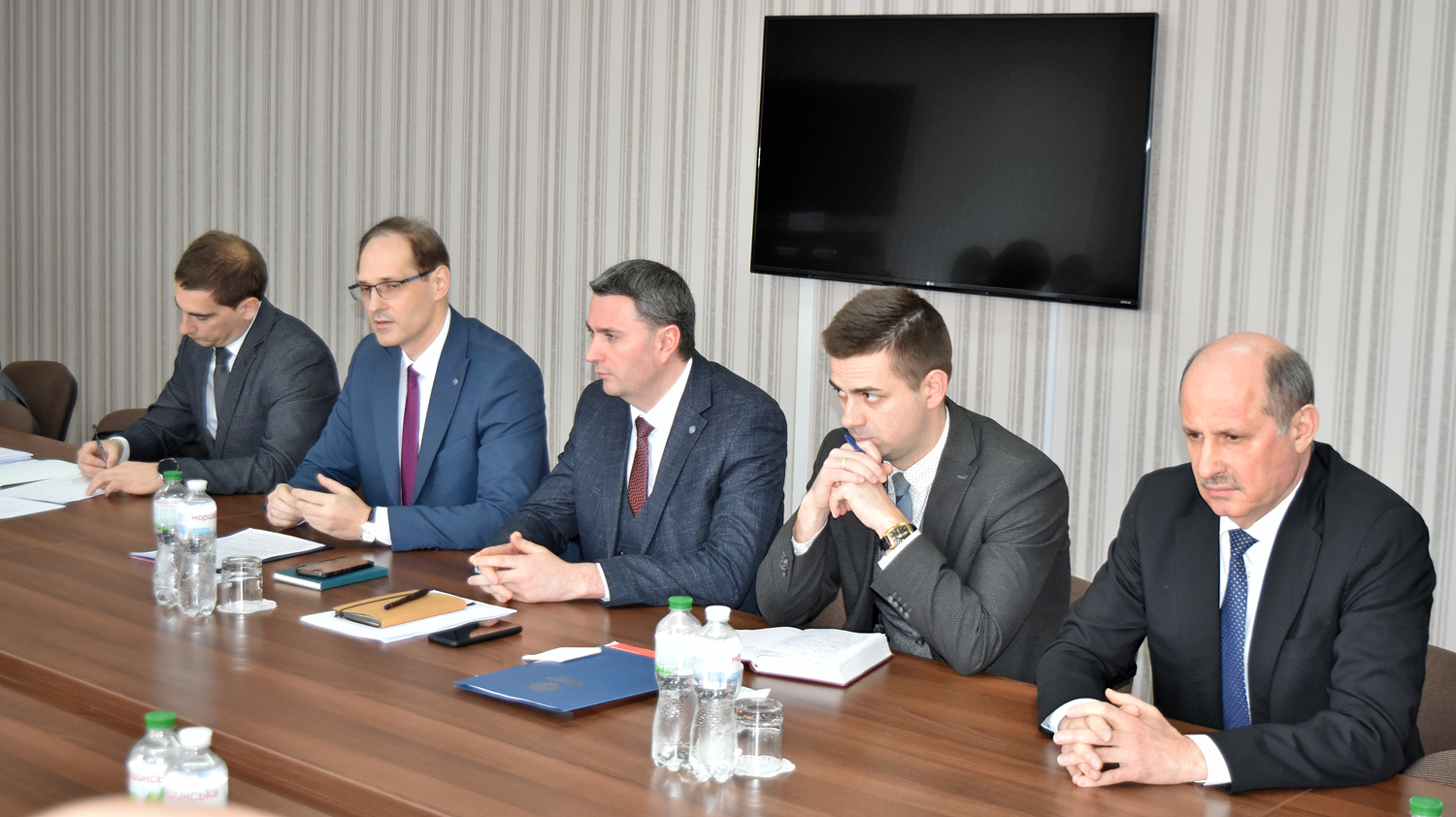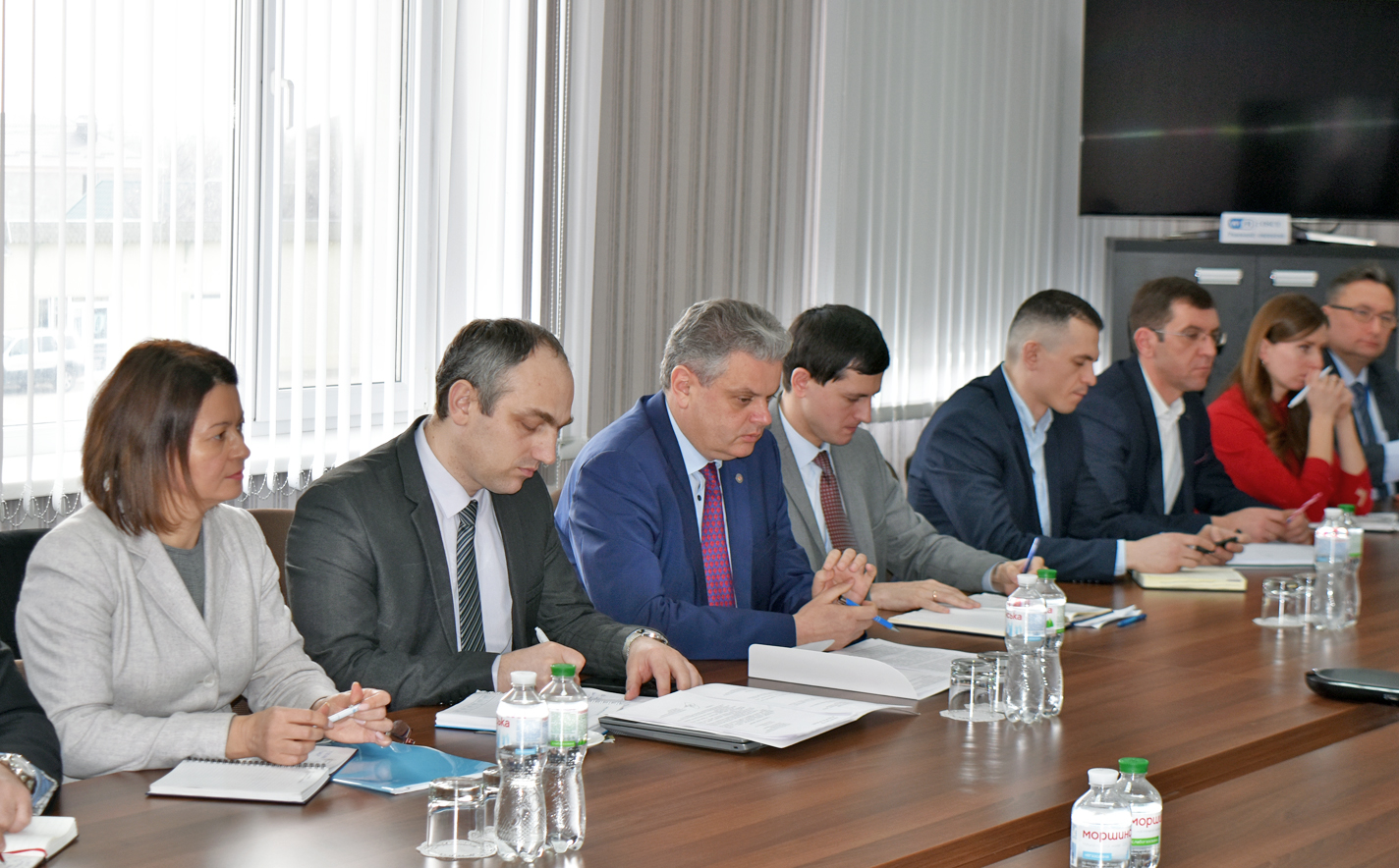Vitaly Ignatiev and Oleg Serebrian held a meeting in the OSCE Mission office in Tiraspol in the presence of representatives of the mediators and observers.
The key focus of the meeting was on the amendments to the Criminal Code adopted by the Moldovan Parliament, which introduce penalties under such articles as “separatism”, “conspiracy against Moldova” and others.
Vitaly Ignatiev noted that these amendments contradict international human rights documents and previously reached agreements, creating grounds for criminal prosecution of every Pridnestrovian resident. He drew special attention of the mediators and observers to statements made by responsible Moldovan officials and MPs that the Pridnestrovian authorities, including the Government and the Supreme Council, are subject to this bill, as well as to threats publicly voiced by various Moldovan representatives.
The Minister said that it is inadmissible to negotiate under pressure, noting that the practical implementation of the amendments to the Moldovan criminal legislation will create a new legal reality fraught with an escalation of tensions and destruction of the negotiation process foundations. In this context, he demanded that the Moldovan side guarantee that no repressive measures would be applied against Pridnestrovian citizens. However, the Moldovan political representative avoided giving a clear answer on this issue.
The discussion was followed by a discussion on the prospects for further work within the negotiation process at various platforms. Vitaly Ignatiev expressed the Pridnestrovian side’s full readiness for substantive and constructive interaction at all levels, including within the framework of the Permanent Conference. The PMR Foreign Minister especially highlighted the importance of unblocking the 5+2 format, as a conventional one with a clear agenda and a regulated status of the participants, and suggested considering the possibility of holding an informal meeting.
During the meeting the problems of importing goods to Pridnestrovie, in particular frozen fish, were discussed. The Pridnestrovian side emphasized the fictitious nature of the barriers applied by the profile services of the Republic of Moldova when importing these products to the PMR, despite the proper documents and laboratory clearance.
They also touched upon the issue of restrictions on the freedom of movement of Pridnestrovian residents, including at the Chisinau airport, and politically motivated criminal prosecution of PMR citizens.










